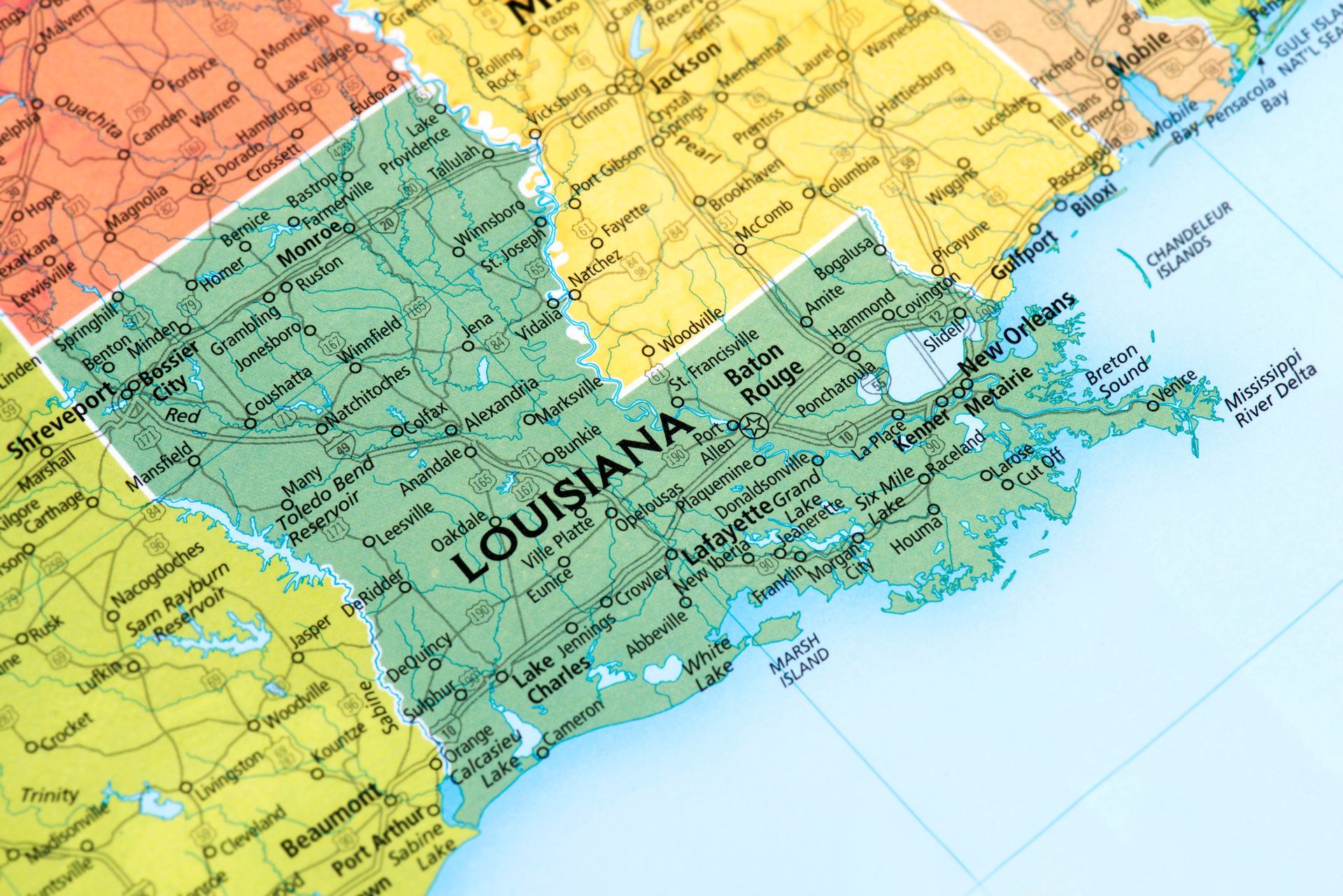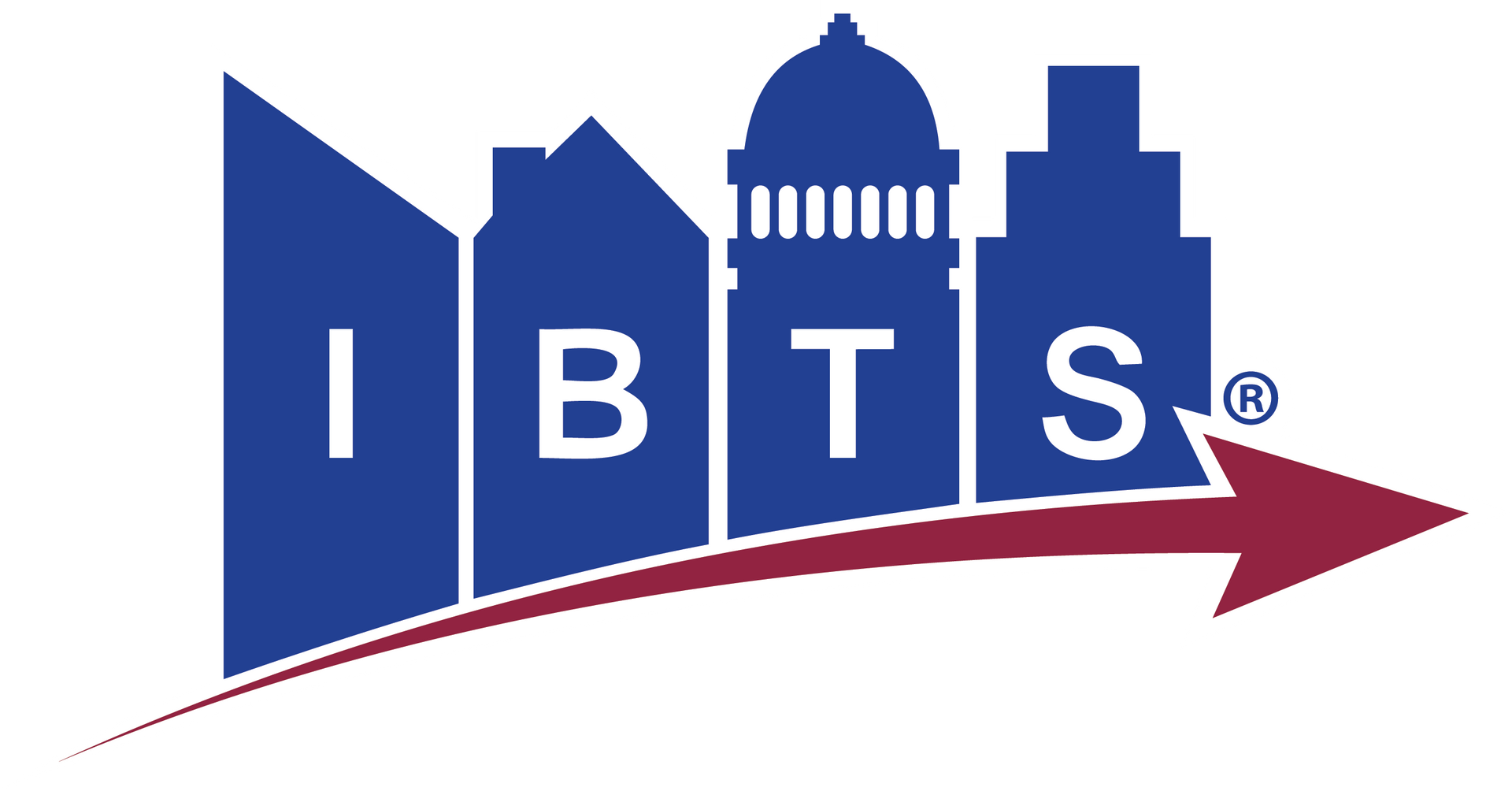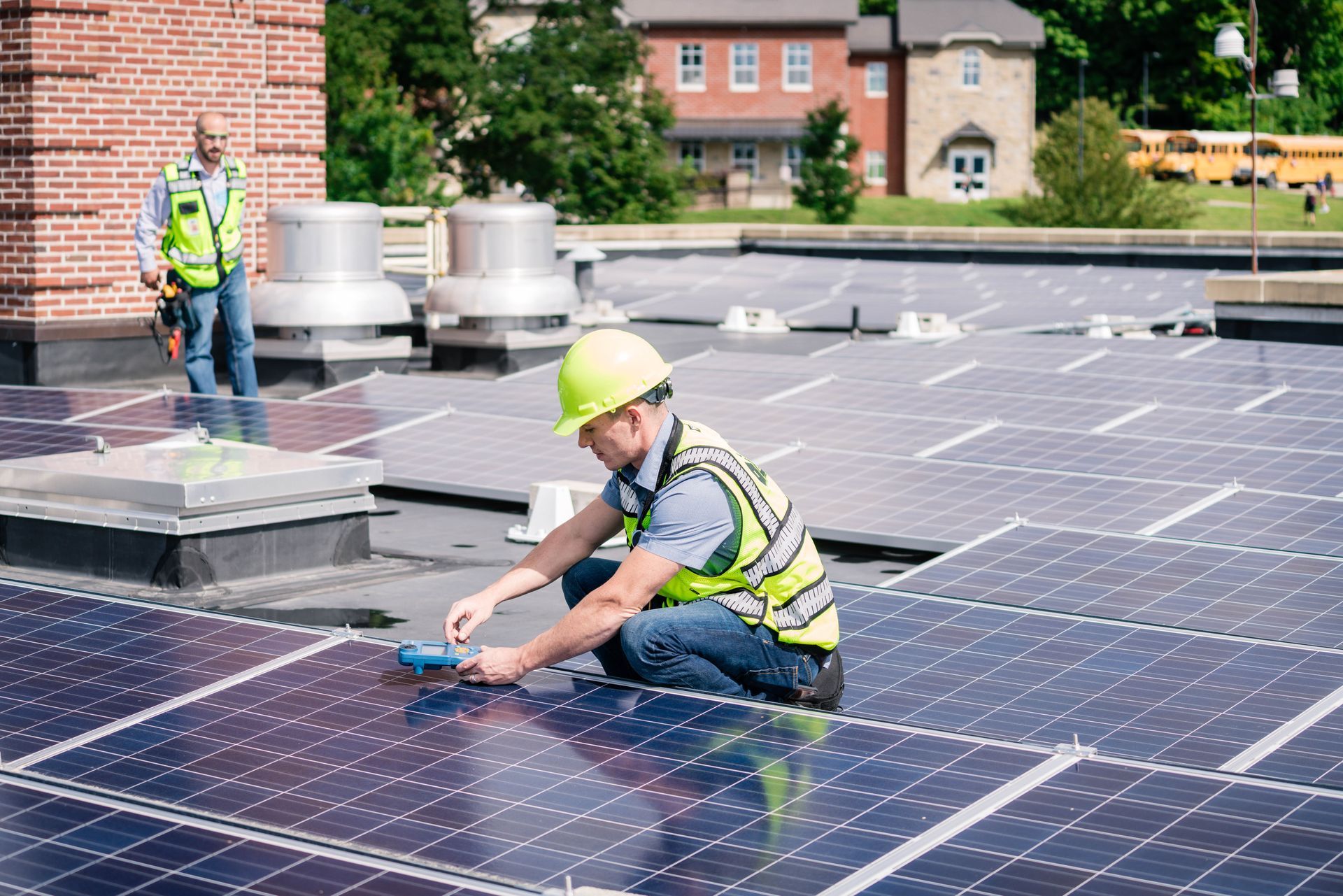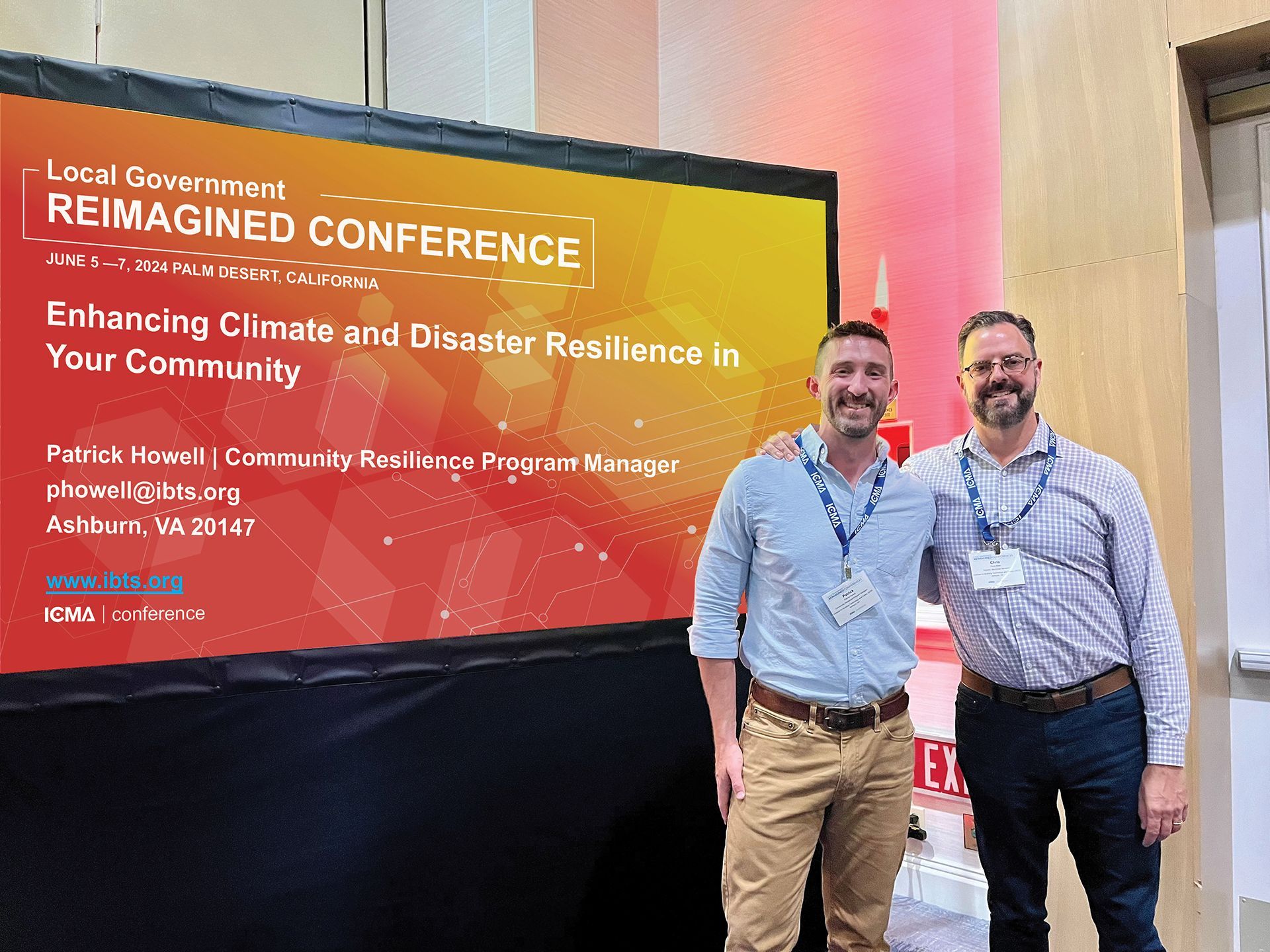White Paper: COVID-19 Life Safety and Economic Stability Support Services
Share this article:

Purpose
This white paper describes the need for life safety evaluation plan reviews and building inspections during rapid repurposing of structures during the COVID-19 pandemic and presents an approach to providing these services immediately and remotely.
Introduction
The COVID-19 crisis has created an immediate need for existing public and private facilities such as schools, convention centers, stadiums as well as membrane and other temporary structures to support healthcare capacity and quarantine needs. However, in the rush to implement these needs, they may be repurposed or constructed without meeting necessary building code requirements that ensure life safety of workers, patients, and other occupants.
The Institute for Building Technology and Safety (IBTS) is strongly encouraging agencies and professionals involved in these processes to find solutions that do not create additional life safety risks. We have included our recommendations in this white paper to assist with this effort.
About IBTS
IBTS, a national, nonprofit organization, is one of the nation’s most experienced third-party plan review and inspection providers. Especially relevant to the current crisis response is our unique and extensive experience with specialized healthcare requirements in the built environment, ICC-certified personnel, software and data management capabilities, unique partnerships, and turnkey resources available at scale across the U.S.
IBTS has worked for FEMA as a disaster recovery technical and grant management support contractor for years across the country and in Puerto Rico, provides building code compliance for public-, private- and military-construction projects, and has a unique 30+ year track record of hiring and working with state personnel to conduct affordable housing quality audits and inspections for the U.S. Department of Housing and Urban Development (HUD).
Summary of the Issue
As the COVID-19 epidemic sweeps across the U.S., communities are responding to the overwhelming, urgent need for additional healthcare facilities to properly care for and quarantine affected patients by erecting temporary structures or repurposing existing buildings.
These efforts allow for rapid ramp up of healthcare operations that would otherwise take months or years to complete. However, it is imperative that these structures meet critical building code and life safety requirements before being put into use.
As noted in an article in Engineering News Record [ENR] dated April 1, 2020:
“Practitioners also are warning officials that haste in providing temporary facilities can create unintended negative consequences. Traci A. Hanegan, chair of [the American Society of Heating, Refrigerating and Air-Conditioning Engineers] ASHRAE’s health care facilities technical committee (TC 9.6) and a principal mechanical engineer with Coffman Engineers Inc., cautions that some methods to segregate COVID-19 patients may be beneficial to the patients, but not to health care providers.”
Without conducting proper plan review and inspections, these structures could inadvertently put the lives of healthcare workers, patients, and other occupants at risk, undermining their intended purpose to save lives and placing building owners and communities at risk of litigation.
Examples of high-risk factors include:
- Improper ventilation and mechanical systems can lead to increased circulation of contaminants
- Inadequate emergency lighting during a power outage can result in reduced evacuation capabilities and interrupted health care service delivery
- Restricted or eliminated egress paths can lead to reduced access by emergency personnel
- Inadequate fire and smoke handling measures can result in increased fire safety risk
As imperative as these safety measures are, it is likewise of utmost importance that they do not contribute to delays nor create additional exposure risk among the involved construction professionals. Local building departments on their own may struggle to do this; a recent survey conducted by the International Code Council (ICC) found that 60% of jurisdictions do not have the capabilities to conduct critical aspects of their work remotely, and an additional 26% have received requests for COVID-19 temporary or repurposed structures[1], a number that is likely to increase.
IBTS is presenting the following approach as a solution that ensures facility safety without compromising expediency or contractor safety.
Expedited Remote Plan Review and Inspection
Technology and software solutions over the past several years have made it possible for building code professionals to conduct plan reviews and inspections remotely using electronic plans, drones, and mobile devices. In the current crisis, using these remote technologies allows professionals to conduct thorough safety evaluations without increasing exposure risk of those on the jobsite.
IBTS has conducted thousands of plan reviews and inspections using these technologies on behalf of communities across the country. Whether addressing a short-term surge in demand for building department services, a shortage of building code inspectors, or critical damage assessments following a natural disaster, the economic stability and resilience of the impacted community requires speed without a reduction in quality – in this regard, the same approach is applicable to the current crisis.
IBTS subject matter experts are immediately available to assist agencies with remote inspection and plan review expertise, guidance, and implementation.
Network of Building Department Professionals
With the COVID-19 pandemic affecting communities across the country, the crisis calls for a readily available extensive network of professionals who are willing and able to join in this effort. As a nonprofit organization dedicated to building technology and safety, we have an extensive network of governance organizations, building inspectors, and plan reviewers across the country ready to participate.
Included in this are hundreds of building department officials who are currently working remotely or not working due to the current crises. When needed, we are able to quickly mobilize these professionals to implement rapid remote plan review and inspection services, thereby solving an immediate need and helping retain economic stability in communities where these professionals work.
Likewise, IBTS’ network of certified professionals is available to utilize our suite of remote inspection and data management tools either directly with the contractor erecting the structure or by providing boots-on-the-ground resources as needed.
IBTS Past Performance and Remote Work
Mercedes-Benz Superdome
IBTS is providing all plan review for the Mercedes-Benz Superdome in New Orleans including the stadium’s architectural, mechanical, plumbing, electrical and fire safety infrastructures. The renovations will help modernize the facility and extend its lifespan, bringing economic benefits to the area.
Virginia Commonwealth University (VCU) Health System
IBTS is providing full plan review services to VCU Health System in several locations. The Adult Outpatient facility includes a 1 million sq. ft., 16-story hospital with a 1-level underground and 8-level above-ground parking garage. The VCU Community Memorial Hospital includes a 3-story hospital of approximately 165,000 sq. ft.
Winchester Medical Center (WMC) Campus
IBTS performed all third-party plan reviews for the $161 million Winchester Medical Center campus expansion. The 400,000 sq. ft. project included renovation and new construction of an existing clinical laboratory; a new Heart & Vascular Center; a five-story critical care unit, an expanded emergency department and a 20-bed observation unit.
Washington, D.C. School Building System
IBTS and the Department of General Services (DGS) have worked together for over a decade, resulting in the project coordination and inspection of dozens of school renovations, modernizations and new construction projects.
Baltimore School System
IBTS has completed construction inspection and plan review services for more than 20 new and existing Baltimore schools under the auspices of the Maryland Stadium Authority, including building/architectural, structural, accessibility, mechanical, electrical, and plumbing systems.
————————————————————————————————————————————————-
[1] https://www.enr.com/articles/49099-code-group-seeks-funds-for-remote-plan-approval-of-covid-19-pop-up-hospitals





